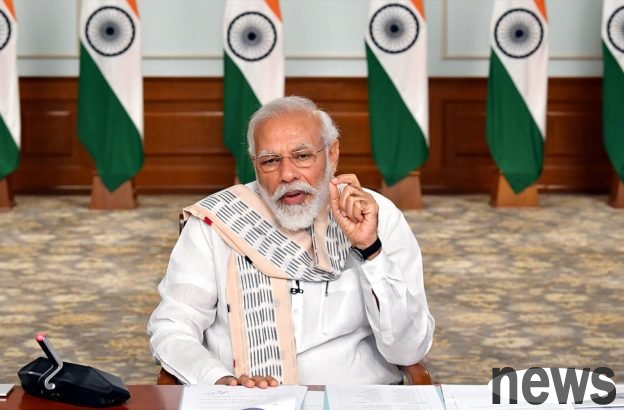
Indian Prime Minister Modi said on the 2nd that India will start commercial semiconductor production by the end of this year at the latest. He also called out the exit number, saying that India will become the main town of global chip innovation in the future.
According to AFP, Narendra Modi's speech at the opening ceremony of the annual Semicon India exhibition in New Delhi said that the test chips of US businessman Micron and Indian businessman Tata have begun to be produced in India. He further pointed out that the production of commercial chips will be launched within this year, "which reflects how rapidly India is currently developing in semiconductor production."The size of India's semiconductor market has grown from US$38 billion in 2023 to US$45 billion to US$50 billion in 2024-25 (about NT$154 billion) and the Indian government's goal is to reach US$10 billion to US$110 billion (about NT$338 billion) by 2030 at the latest.
There are currently 10 semiconductor projects in India, with a total investment of USD 18 billion (about NT$550 billion), including a new 3-nanometer process design plant in Noida in the north and Bengaluru in the south. "Although we started late, we are only going to keep moving forward now."
India claims to have three advantages in the semiconductor field, namely, it can produce zero components for semiconductor equipment, can produce and supply key materials such as chemicals and minerals for semiconductors, and can provide assistance to business development from research and development to artificial intelligence (AI), large data and cloud computing.
Modi mentioned that India, which has the highest population in the world, also has the advantages of "human capital", "20% of the global semiconductor design talents come from India."
With the demand for international chips has increased significantly and supply chains are concentrated in a few regions, India said they are building a "complete ecosystem" that includes semiconductor design, manufacturing and packaging to achieve self-sufficiency and international competition.
